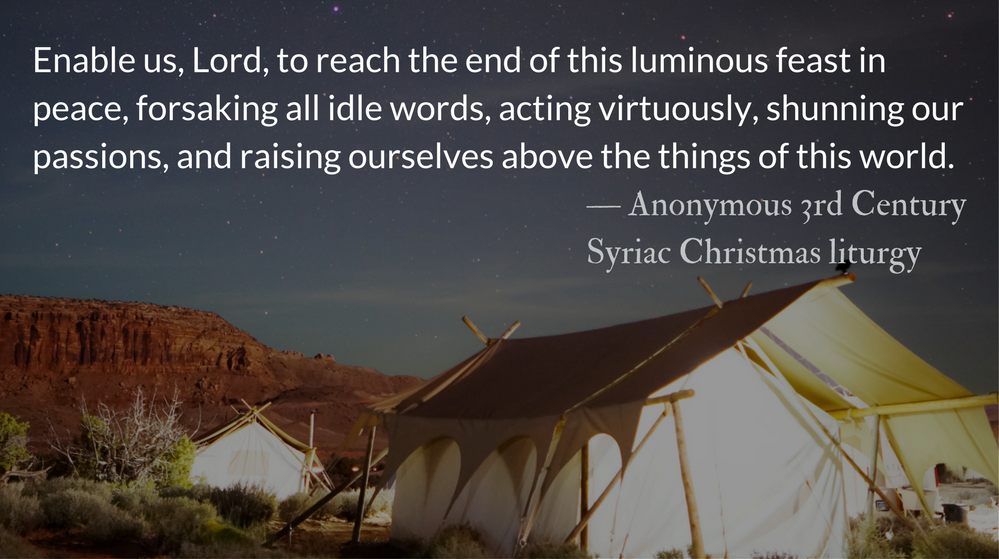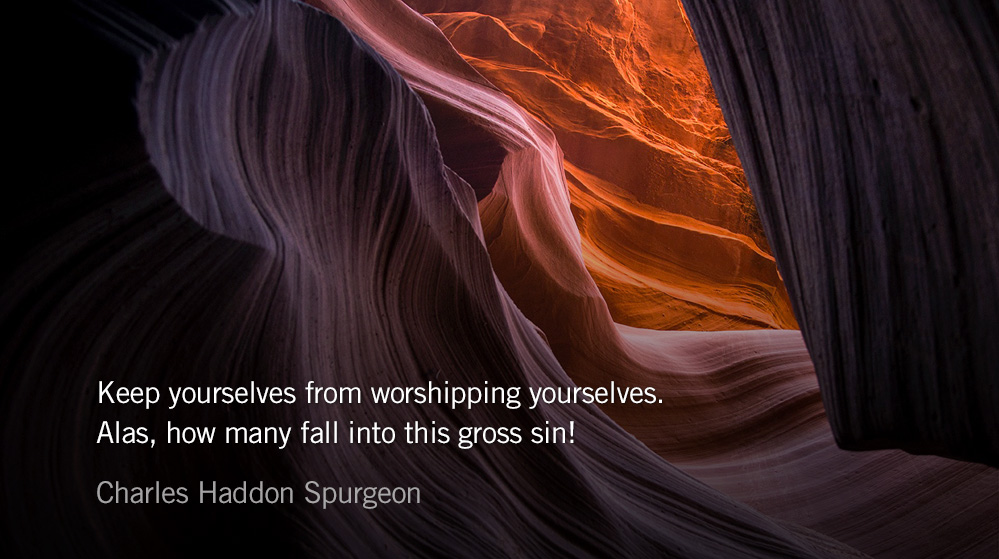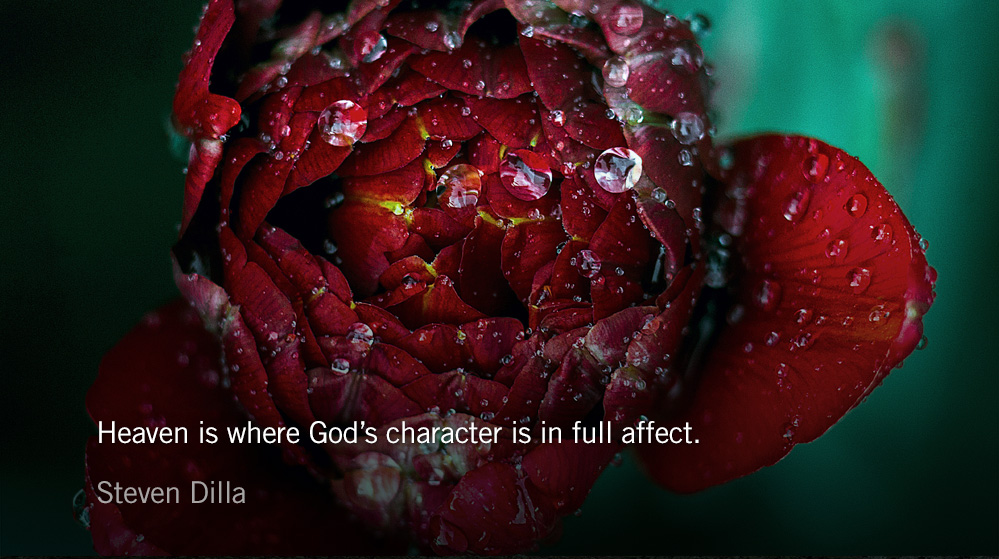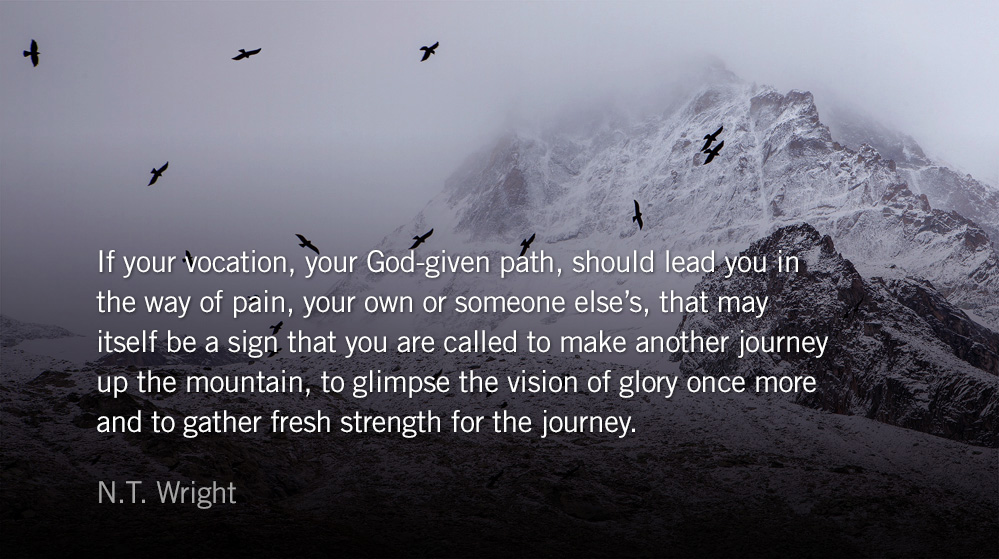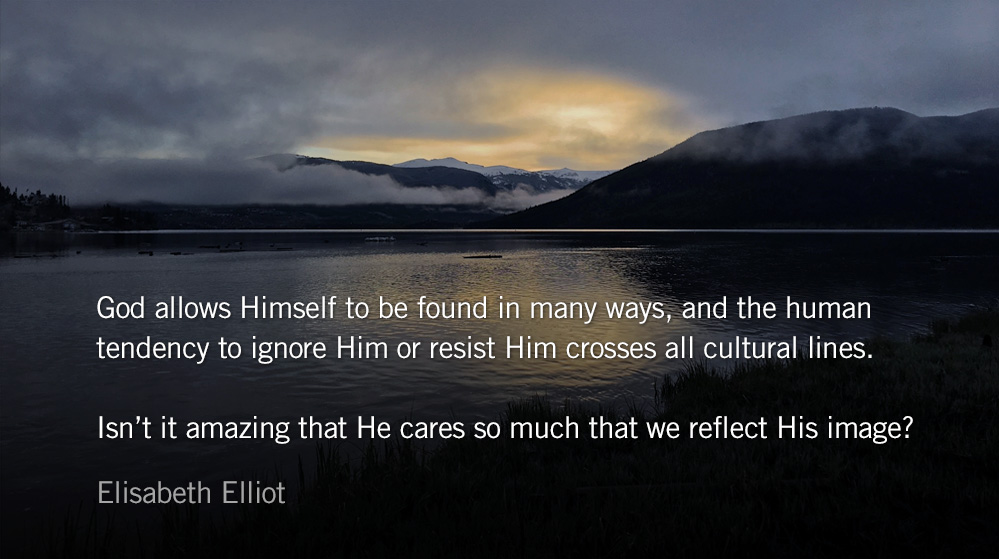Reflection: Restful Meditations :: Advent’s Hope
The Park Forum
Focusing our hearts on Christ, the hope of Advent, expands the holiday experience beyond mere merriness. In the gospel our hearts find rest from pain and hope for renewal.
“Jesus, my feet are dirty,” prayed Origen in the third century. “Come even as a slave to me, pour water into your bowl, come and wash my feet. In asking such a thing I know I am overbold, but I dread what was threatened when you said to me, ‘If I do not wash your feet I have no fellowship with you.’ Wash my feet then, because I long for your companionship.”
Origen’s prayer captures the spirit of Advent: looking back at Christ’s work on our behalf, looking forward at the completion of his fellowship, and longing for his presence and power today.
Another third century prayer, an anonymous Syriac Christmas liturgy, gives words to this hope:
The radiance of the Father’s splendor, the Father’s visible image, Jesus Christ our God, peerless among counselors, Prince of Peace, Father of the world to come, the model after which Adam was formed, for our sakes became like a slave: in the womb of Mary the virgin, without assistance from any man, he took flesh.
Enable us, Lord, to reach the end of this luminous feast in peace, forsaking all idle words, acting virtuously, shunning our passions, and raising ourselves above the things of this world.
Bless your church, which you brought into being long ago and attached to yourself through your own life-giving blood…
Bless your servants, whose trust is all in you; bless all Christian souls, the sick, those tormented by evil spirits, and those who have asked us to pray for them.
Show yourself as merciful as you are rich in grace; save and preserve us; enable us to obtain those good things to come which will never know an end.
May we celebrate your glorious birth, and the Father who sent you to redeem us, and your Spirit, the Giver of life, now and forever, age after age. Amen.
Christ, may our hearts find their rest in you, the hope of Advent.
Listen: Greensleves by Vince Guaraldi Trio.
The Refrain for the Morning Lessons
For God, who commanded the light to shine out of darkness, hath shined in our hearts, to give the light of the knowledge of the glory of God in the face of Jesus Christ. — 2 Corinthians 4.6
– From Christmastide: Prayers for Advent Through Epiphany from The Divine Hours by Phyllis Tickle.
Full prayer available online and in print.
Today’s Readings
1 Chronicles 29 (Listen – 5:50)
2Peter 3 (Listen – 3:21)
Today’s Readings
2 Chronicles 1 (Listen – 2:47) 1 John 1 (Listen – 6:18)
2 Chronicles 2 (Listen – 3:41) 1 John 2 (Listen – 3:02)

